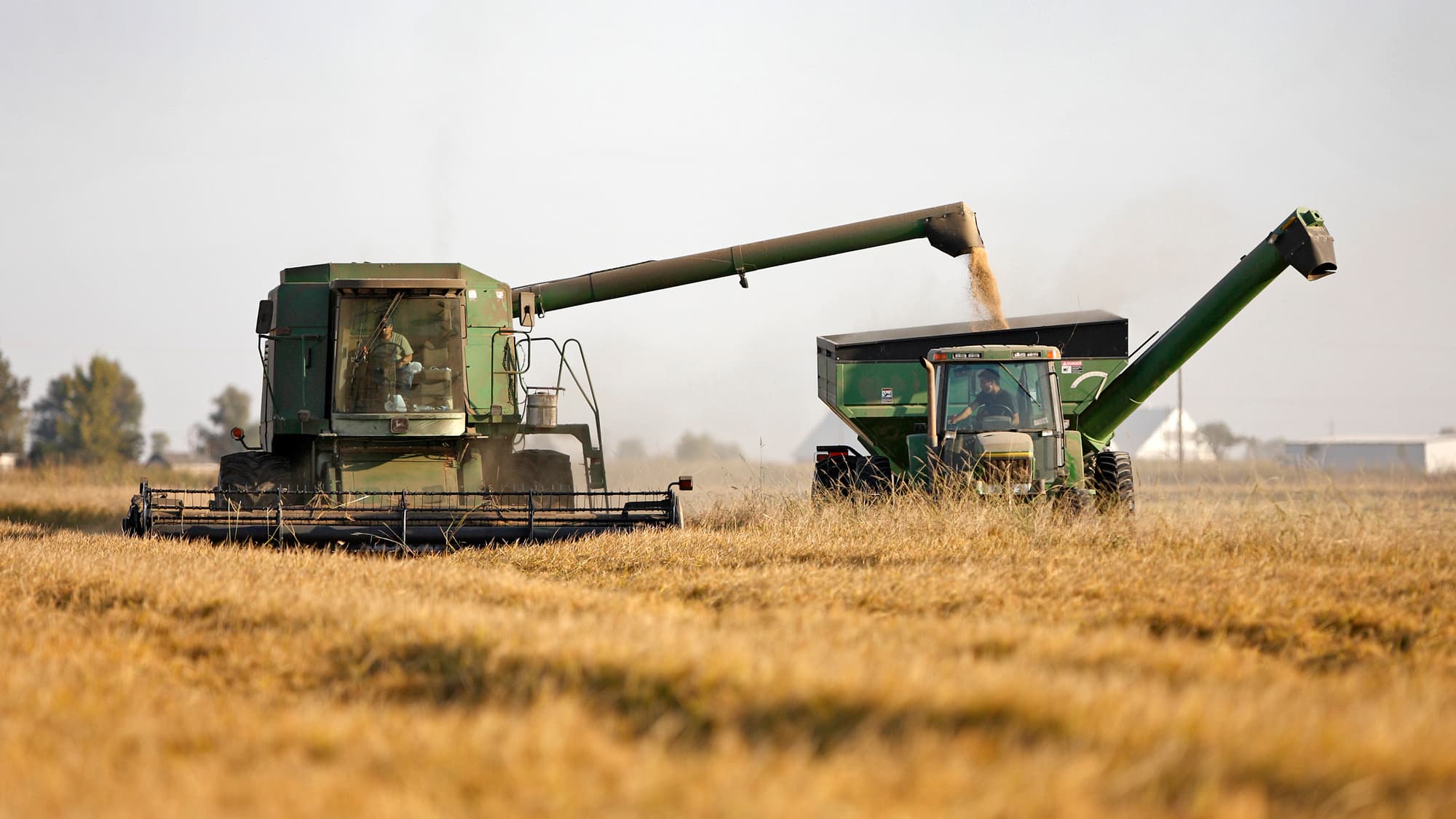The US agricultural sector is about to feel the effects of the Ukraine-Russia conflict, from fertilizers to food prices. Agriculture Secretary Tom Vilsack has warned states about soaring prices for fertilizer, Russia’s main agricultural export. US agricultural groups expect the ripple effect on major crops due to high energy costs, sanctions and counter-sanctions.
Due to the conflict between Ukraine and Russia, the United States could face new demands to produce crops like wheat for allies in Europe. American farmers may see new markets to reach, but rising commodity prices can affect everyone from farmers buying seeds to sow to American consumers who will likely end up paying more at the supermarket. At an Agriculture Department conference yesterday, Vilsack said it was too early to speculate on the effect of the sanctions, but also that he hoped no company took the crisis “as an excuse. to do something that is not necessarily supported by supply and demand”.
Russia is a vital source of the world’s fertilizer supply. Jason Troendle, director of market intelligence and research for the Fertilizer Institute, a US trade group, said natural gas is one of the country’s main commodities and the main ingredient in ammonia, which is in turn the main constituent of fertilizers.
The United States and Germany suspended the Nord Stream 2 gas pipeline that supplied Russian exports. Troendle said if Russian gas were hit with further sanctions, it would affect prices and the European Union would have to look to other sources. He added that although the United States produces most of its natural gas, price spikes have a huge effect on the energy-intensive fertilizer industry.
Troendle also said that Russia accounts for 21% of global potash exports, which is a basic component of fertilizers. Belarus, which provided a route for Russian troops to enter Ukraine and is allied with Russia, accounts for another 21%.
National Association of Wheat Producers CEO Chandler Goule said the conflict may affect farms in Ukraine, which is a major grain producer if farmers are forced off their land. And while U.S. wheat farmers may sell more to allies who need help, U.S. farmers are more likely to be hit in the short term by soaring prices and rising fuel costs.
Another challenge posed by the Ukrainian-Russian crisis concerns agricultural raw materials since Russia exports barley, wheat and sunflower oil. Its main cereal customers are the Middle East, Turkey and China. Goule added that the Ukraine-Russia conflict was sure to affect global supplies.
Show your support for agri-journalism
Dear customer, thank you for being our reader. Readers like you inspire us to move farm journalism forward. We need your support to continue delivering quality agricultural journalism and reaching farmers and people in every corner of rural India.
Every contribution is valuable for our future.











More Stories
Sri Lanka’s post-harvest losses in agricultural sector exceed Rs. 55 billion – – The island
SAU Vice-Chancellor emphasizes effective research in agricultural sector
Agriculture sector threatened by climate change, expert says – Pakistan